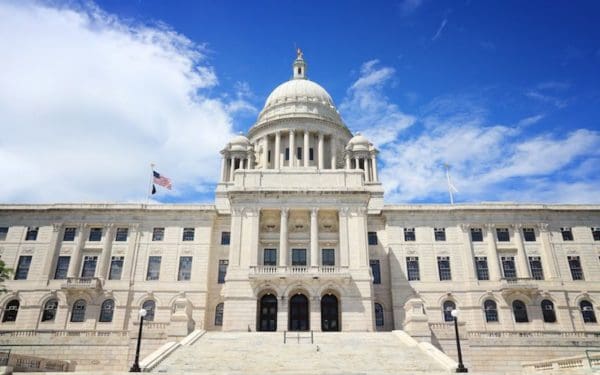Guest Blog: Wood Biomass Electricity Hurts People and the Climate
Wood biomass electricity delays our transition to clean energy that won’t spew pollution and damage our climate.
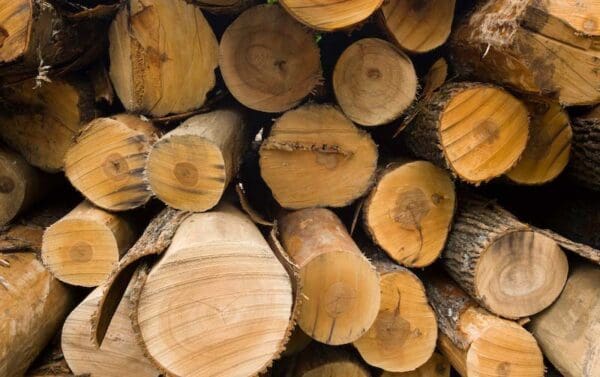
Wood biomass electricity delays our transition to clean energy that won’t spew pollution and damage our climate.

To combat climate change, we need to switch to clean, renewable energy, and that needs to happen now.
As a skiing enthusiast, New England’s snowy slopes are my winter haven. But climate change is threatening them, and so much more.

The gas industry is trying to convince us that electric stoves are inferior to gas stoves. But we’ve got the facts that make electric stoves sizzle with potential.

“We must reform Vermont’s renewable energy rules if we’re serious about meeting our climate goals and slashing dangerous pollution in our communities,” said CLF attorney Chase Whiting. “A portion of our electricity comes from out-of-state fossil fuel plants that pollute communities’ air, destroy our planet, and take hard-earned money from Vermonters. This is unacceptable. It’s time to update these rules to ensure our electricity comes from new clean energy sources like wind and solar, especially those that bring new jobs to Vermont.”
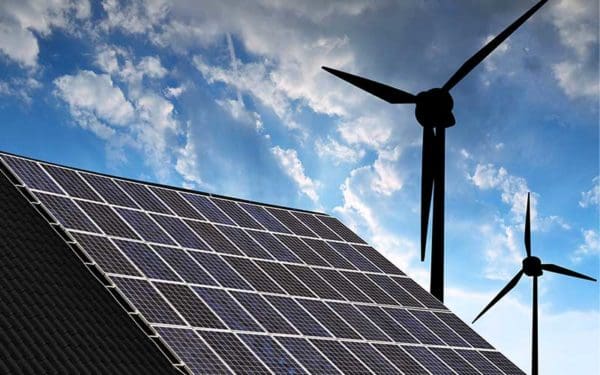
A newly approve facility will turn methane gas leaked from the Juniper Ridge landfill into energy, but it’s really just a way for the fossil fuel and waste industries to maintain the status quo.
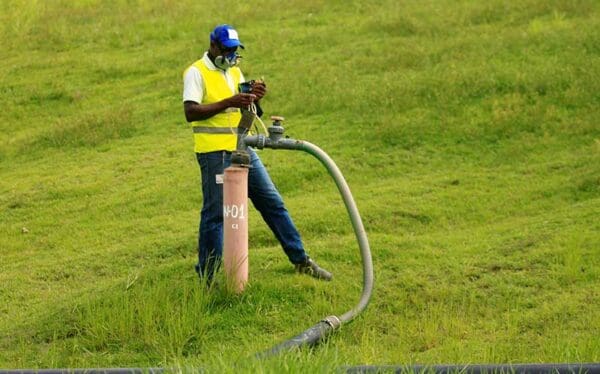
“Most hydrogen is currently produced from fossil fuels, so it cannot be considered clean energy,” said Shannon Laun, Vice President of CLF Connecticut and an appointed member of the task force. “As the report makes clear, the way hydrogen is produced is a critical piece of the puzzle. Investing in dirty hydrogen could actually increase emissions and make it harder to meet our climate goals, but clean hydrogen certainly has promise for uses that are hard to electrify.”
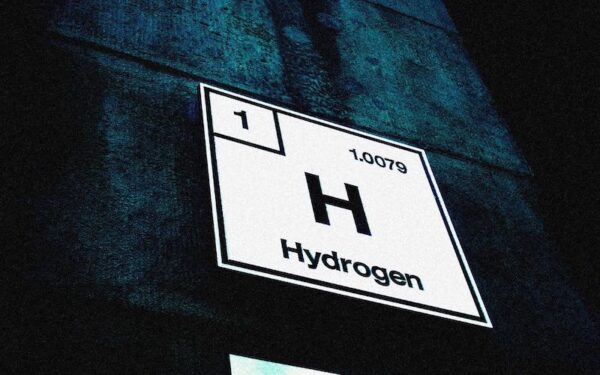
Maine received our first snowfall of the season a few weeks ago. As I woke up on that Monday morning, I was greeted by flurries outside my window and the gentle rumble of my heat pump warming my home. Having lived in New England my entire life, I know our winters are no joke – and… Continue reading Why Are New England’s Electricity Prices Increasing This Winter?
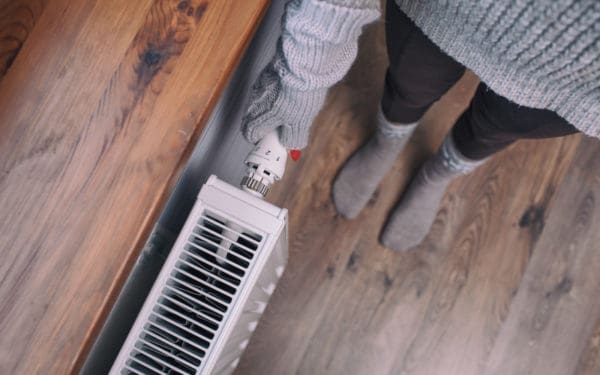
“With climate impacts already at our doorsteps, now is the time to take action for the future,” said Caitlin Peale Sloan, Vice President of CLF Massachusetts. “This plan is on the right track, especially when it comes to phasing out fossil fuels in our homes and on our roads. But we need to do more on environmental justice to make sure that no communities are left behind in the years ahead.”
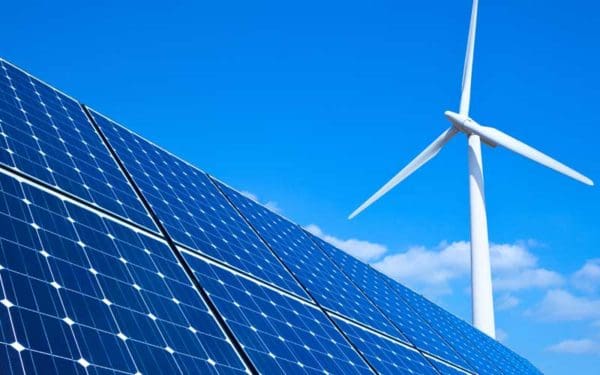
“Rhode Island clearly has a lot of work to do when it comes to meeting the demands of the climate crisis,” said Darrèll Brown, Vice President of CLF Rhode Island. “The plan that the council approved today is a good first step, and it recommends some much-needed policies like electrifying transit fleets and expanding incentives for clean, efficient heat pumps. But this experience showed us how much time it takes to create an inclusive climate plan – we need to get to work now on the plan’s next iteration which is due in 2025.”
